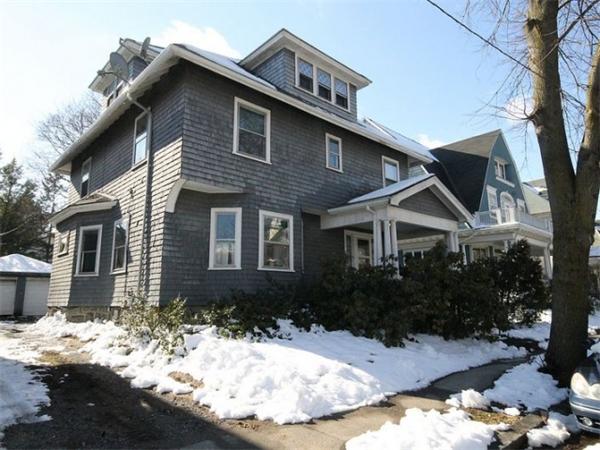A new smart home appliance survey recalls a plot in a machines-take-over movie, but the new technology can actually help save the planet as well as energy costs.
about security issues, rather than gabby appliances telling them what to do.
More than half tech-savvy consumers told CEA they wanted to be remotely alerted to security problems and smoke detectors going off when they weren't at home.
They also said, at home and away, they wanted to be able to see who is at the front door and who enters or exits their home.
Terminating high utility costs
Apparently a similar number of households want to also juice up major appliances with smarts, according to Parks Associates, an international market research and consulting company specializing in emerging consumer technology products and services.

Park Associates said 44 percent of all U.S. broadband households would allow their power company to manage and monitor their home appliances to reduce energy consumption and save money.
"Manufacturers are developing connected appliances to stay competitive in a mature market, where connectivity can differentiate products and add value through remote monitoring, enhanced functionality, and energy savings," said Tom Kerber, Director, Research, Home Controls and Energy, Parks Associates.
"Appliance manufacturers LG and Samsung have launched Wi-Fi-enabled appliances, and most major manufacturers are launching new connected products in 2013, which will continue to increase consumer awareness and strengthen the value proposition of connected appliances," Kerber added.
Manufacturers have already loaded appliances with sensors that do more than manage energy use; they also enhance control and convenience.
Smarter than consumers
For example, some washing machines "know" how much water to use for a given load of clothes. Clothes dryers shut down when they become "aware" the clothes are dry, even if the consumer has set the timer for a longer drying duration. Microwaves "sense" when a casserole has been zapped long enough.
Park Associates says households also want machines with smart troubleshooting features to help resolve appliance problems.
Perhaps, one day, they'll repair themselves.
The research and a recent energy summit, "The Role of Cloud-based Services and Connected Appliances in Energy Management," do however have an ominous "rise of the machines" ring to them.
Let's just hope this isn't the beginning of Skynet, the antagonist in the Terminator movie series - self-aware AI machines that ban together as war machines to replace humans.
But seriously, "The appeal of energy monitoring for appliances could be boosted by educating consumers about appliance energy consumption, which would ultimately provide more savings to consumers," Kerber said.










